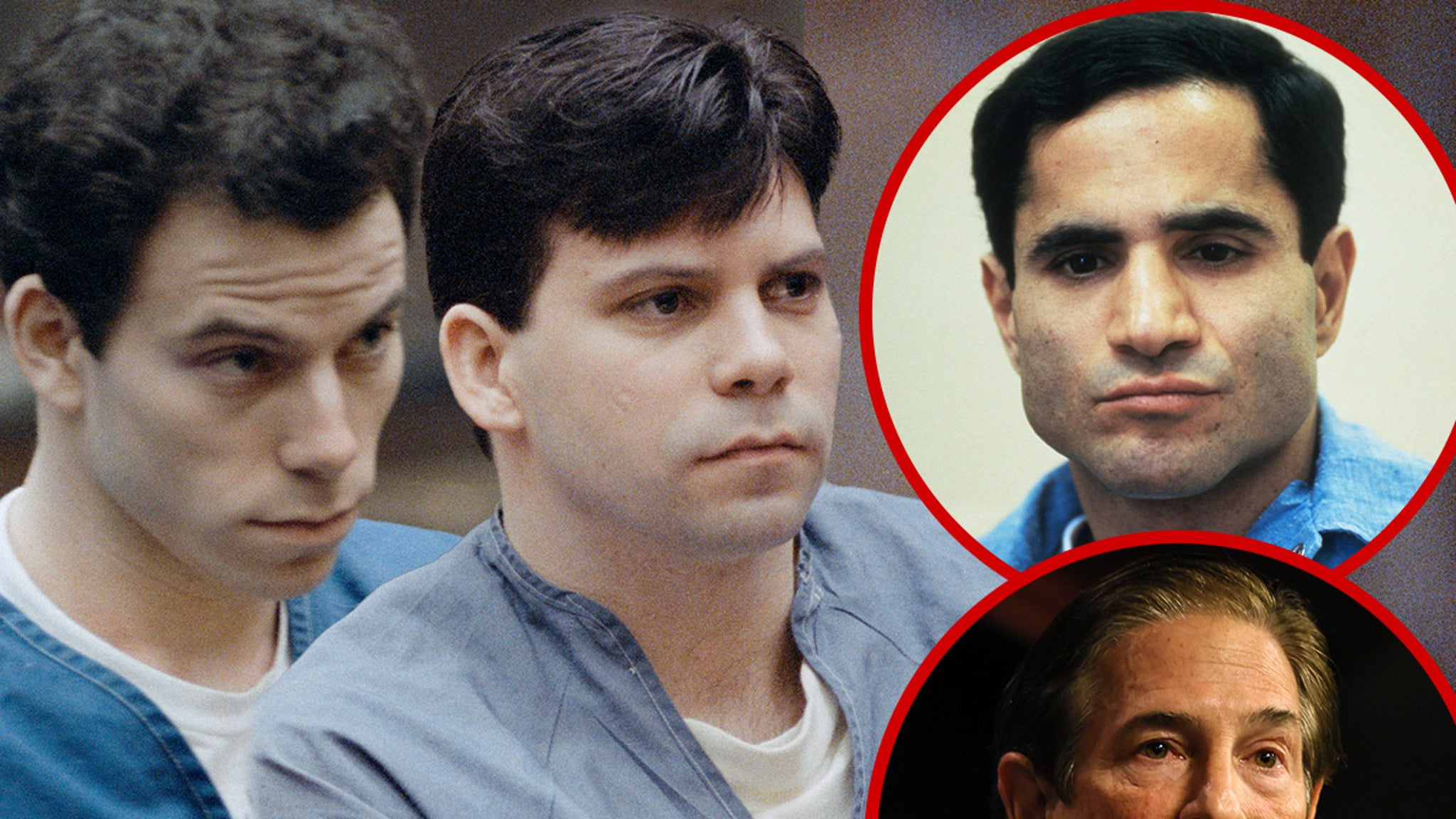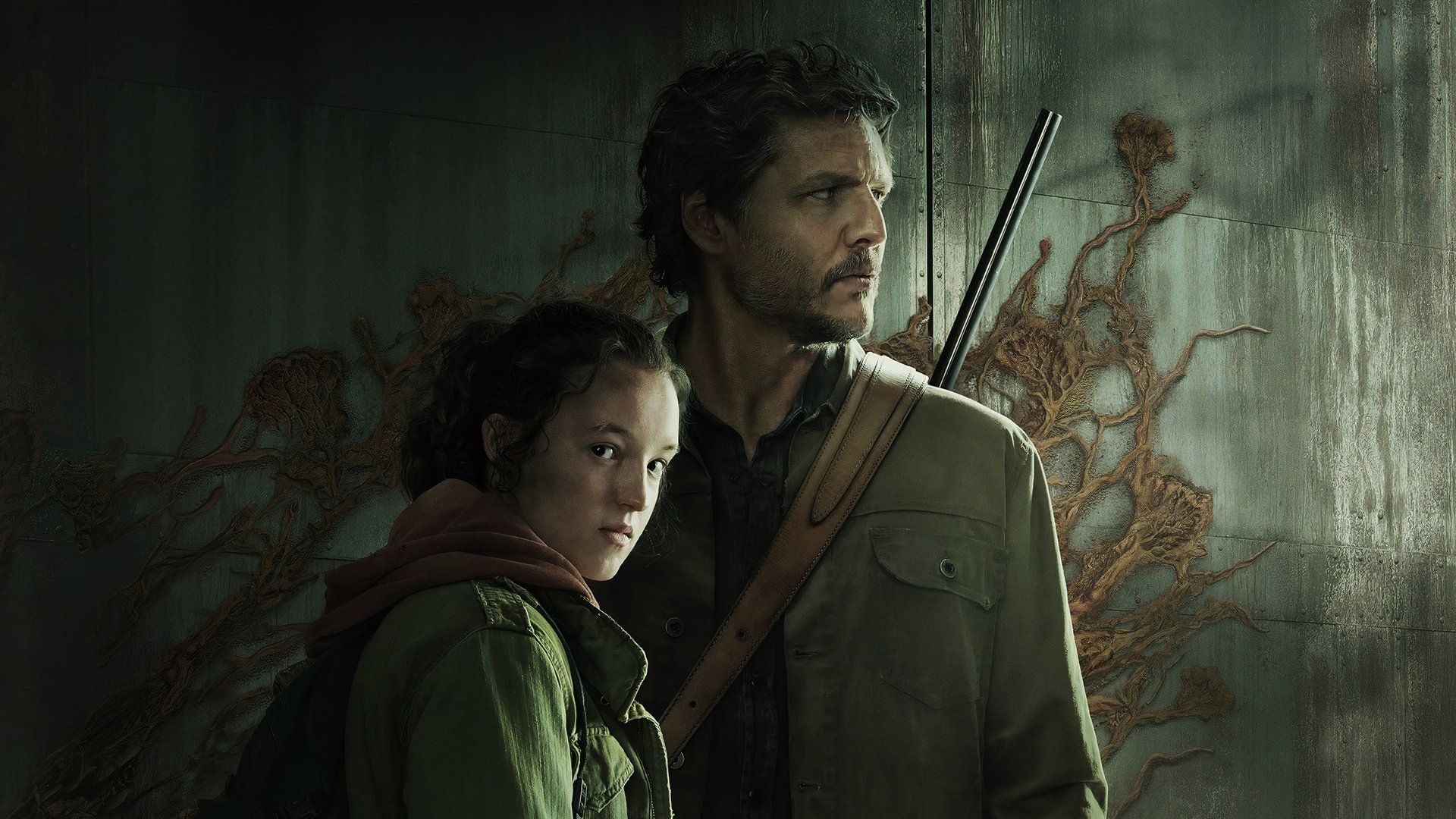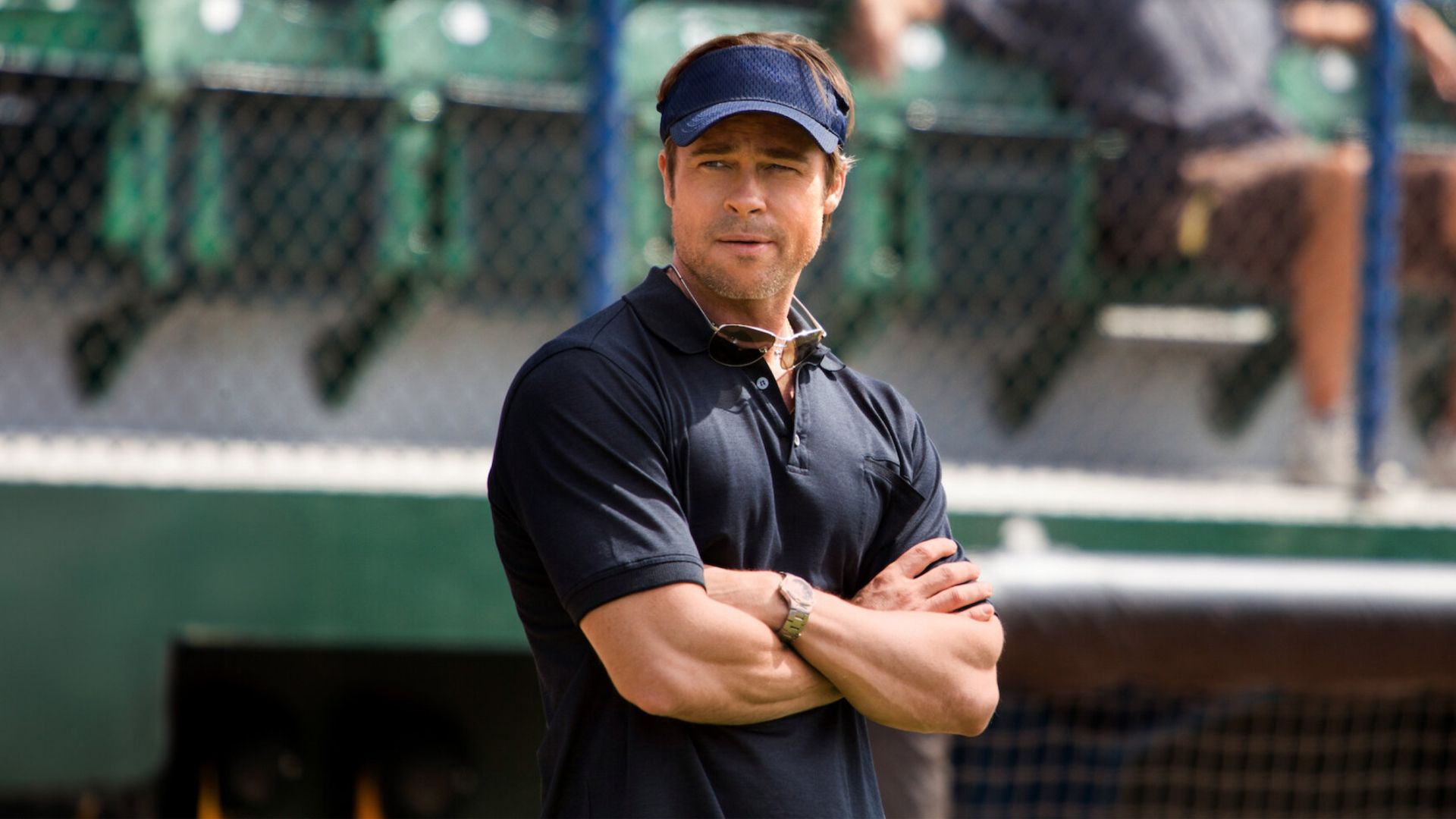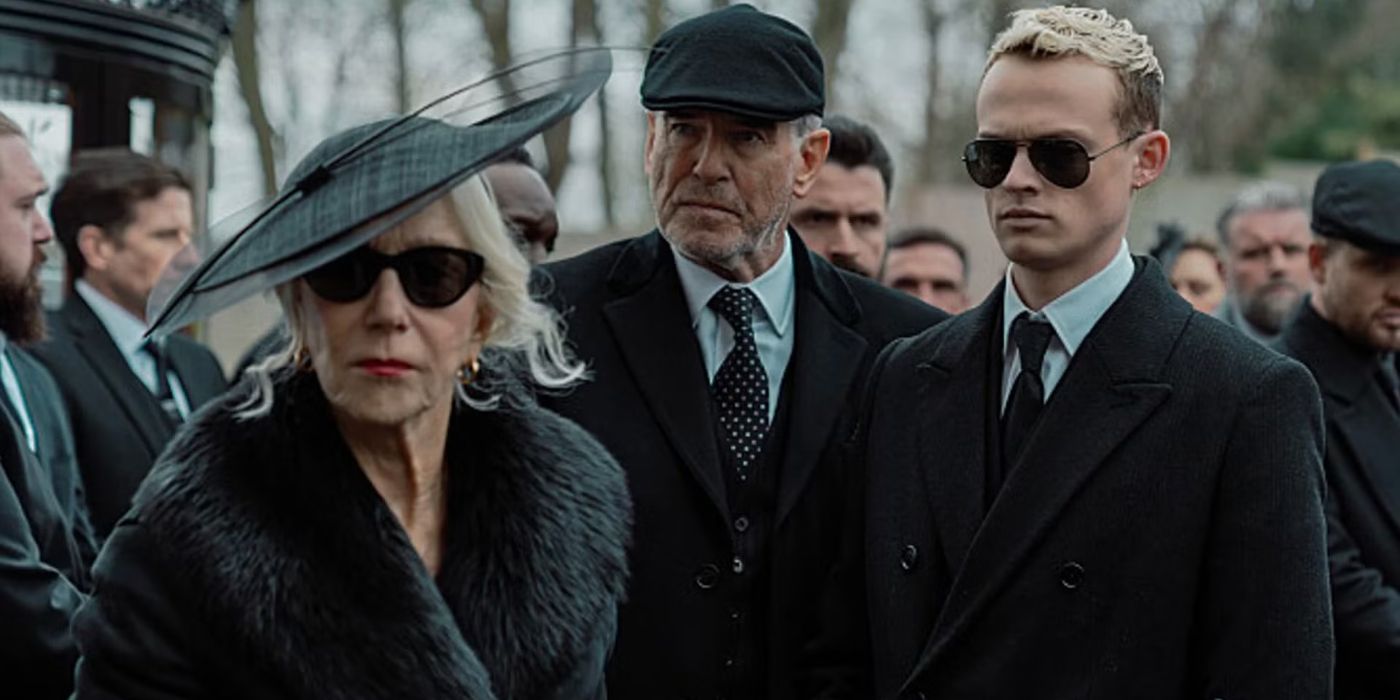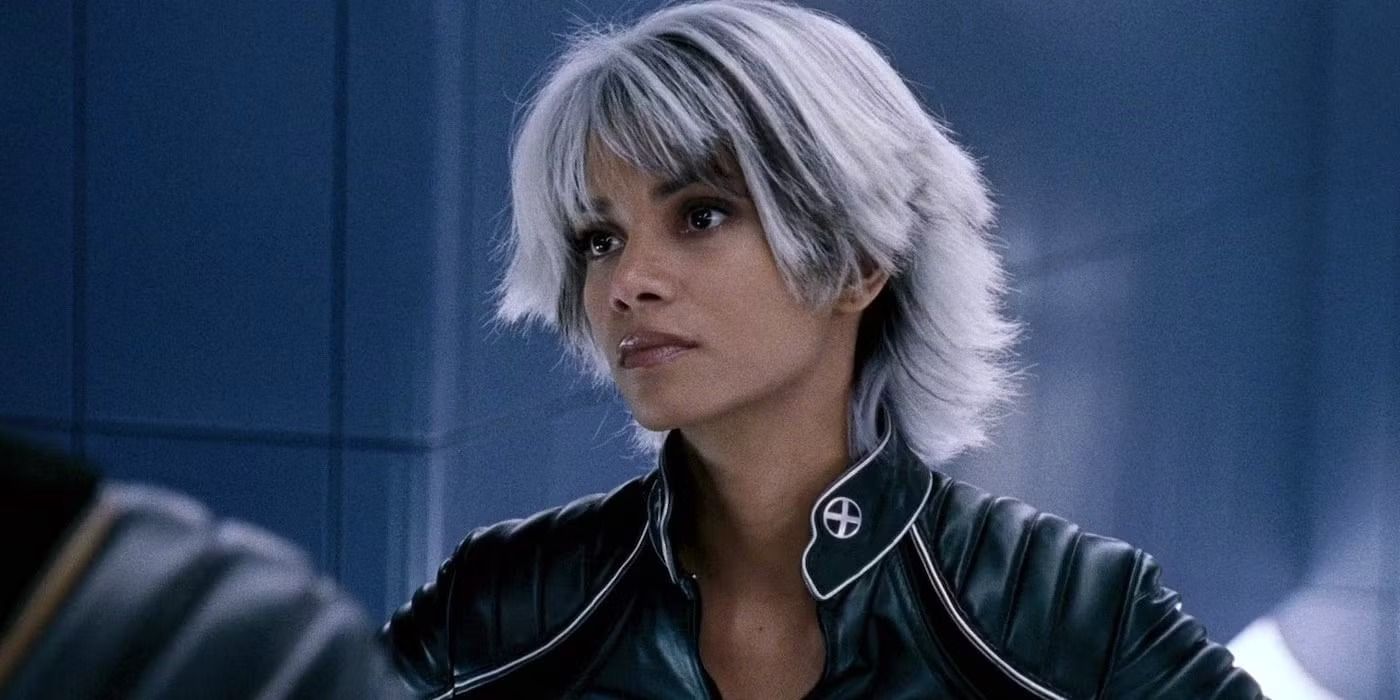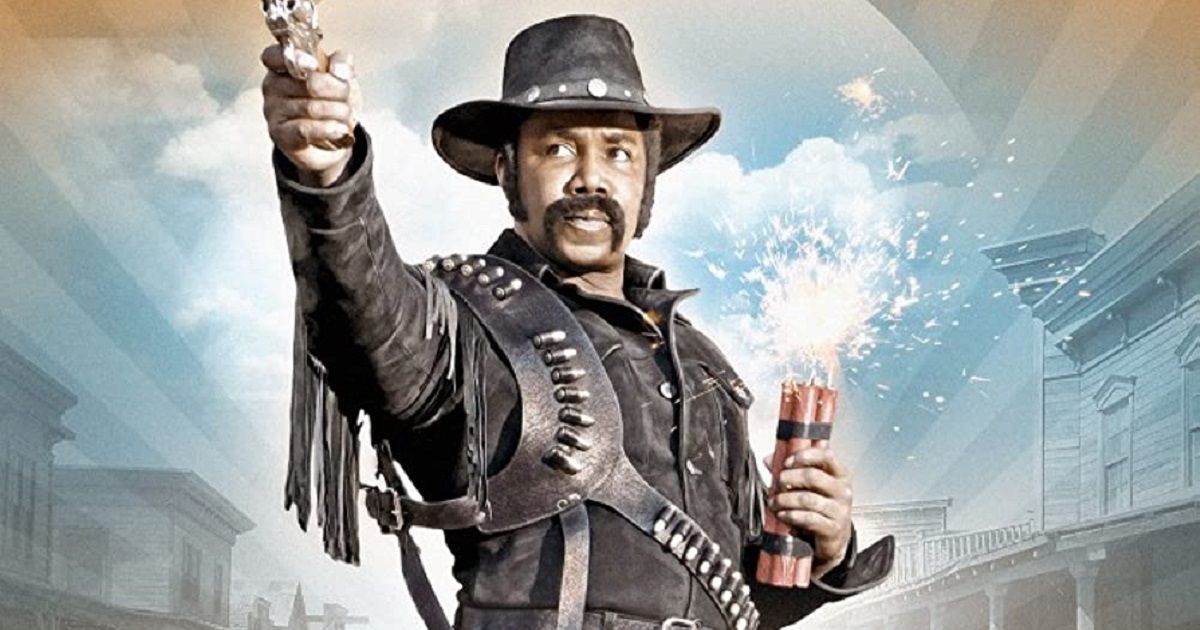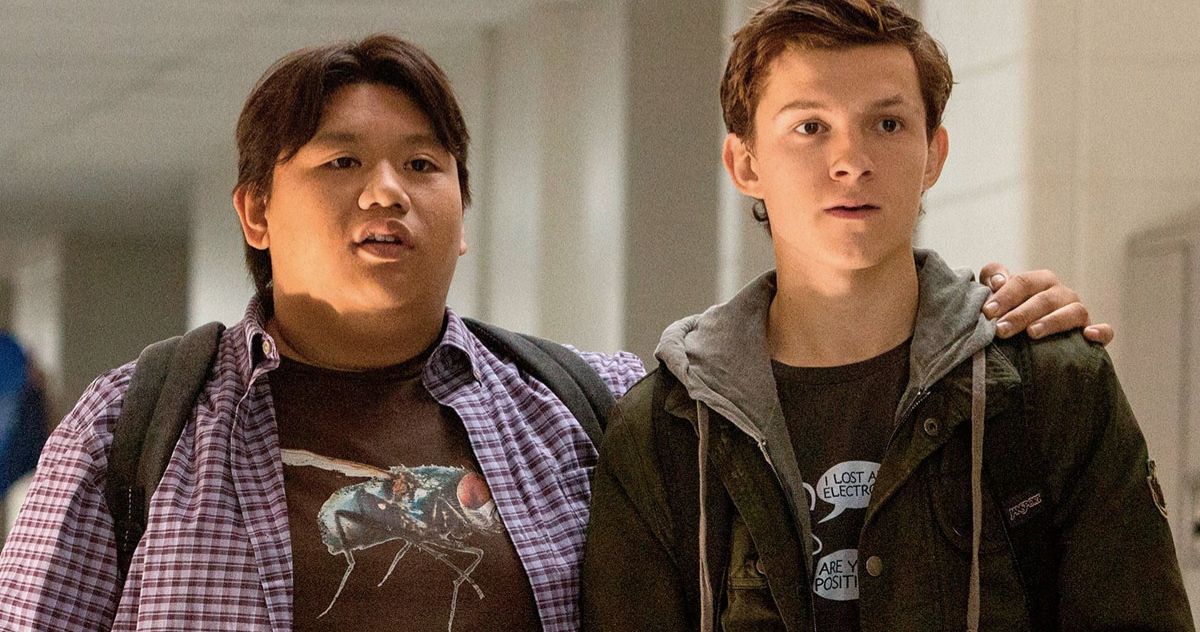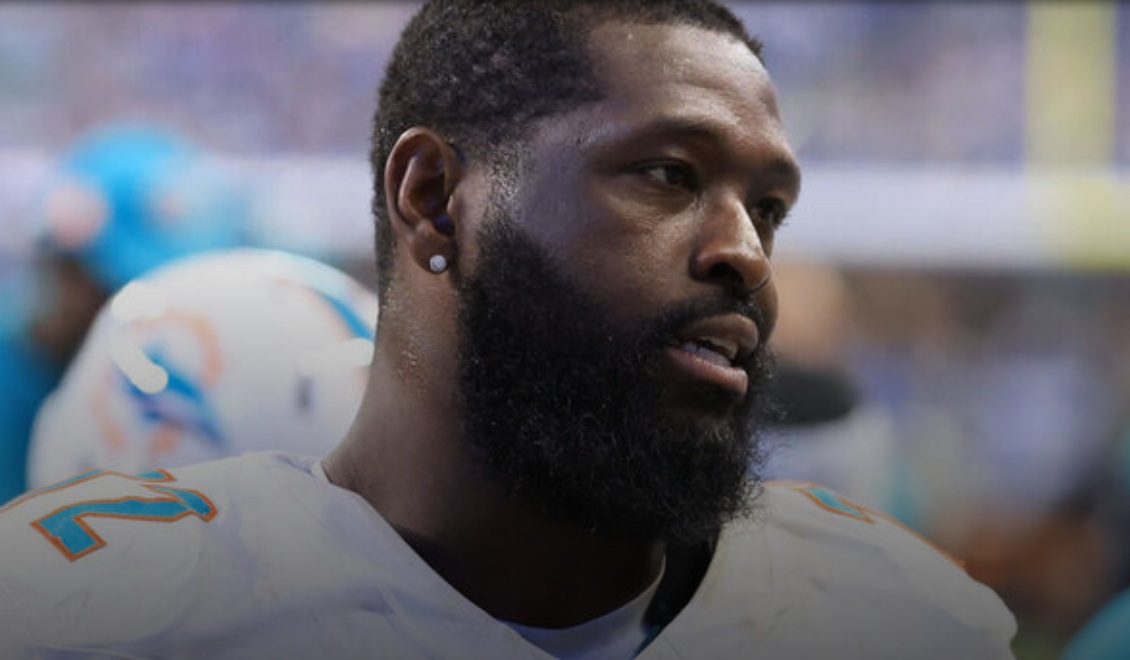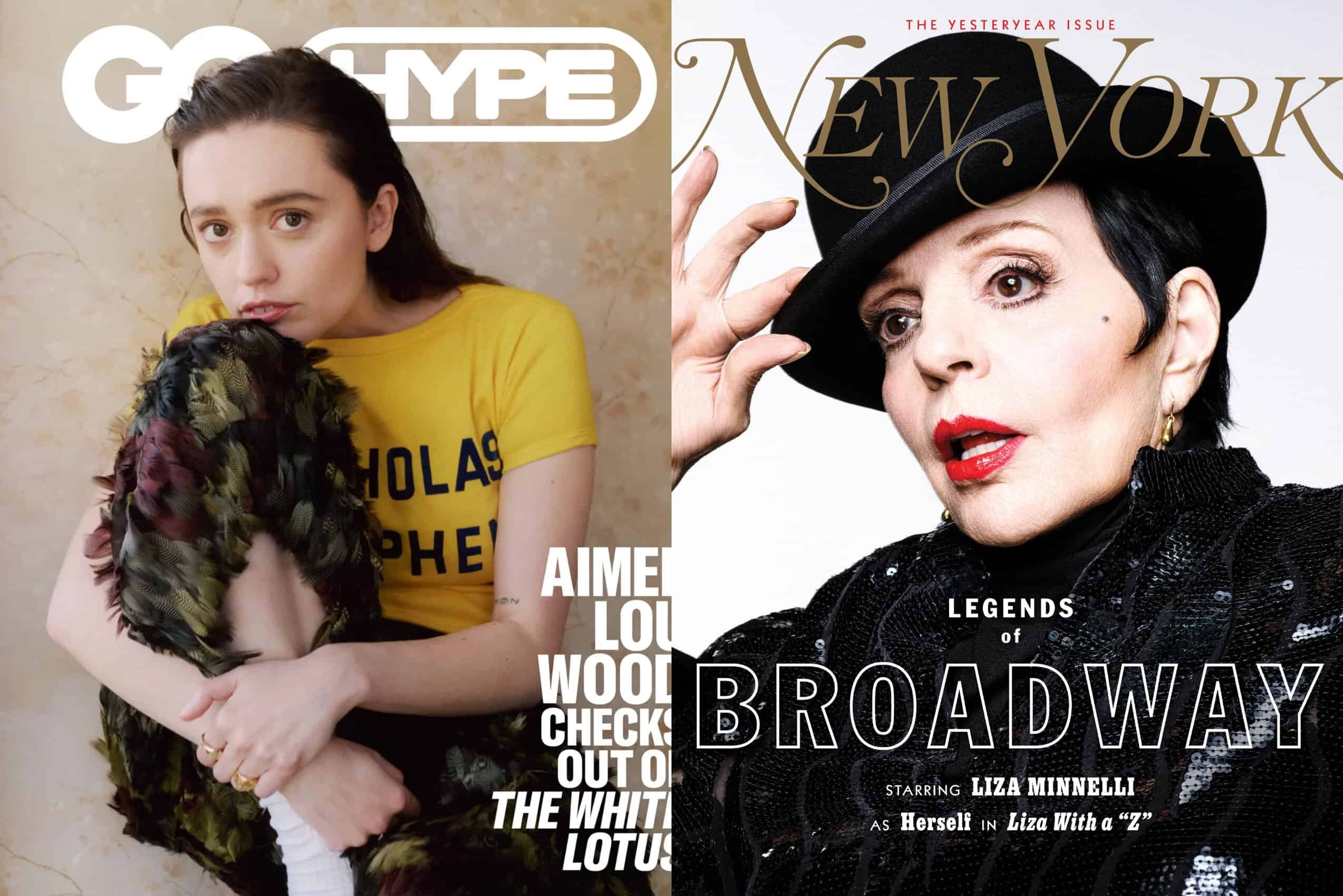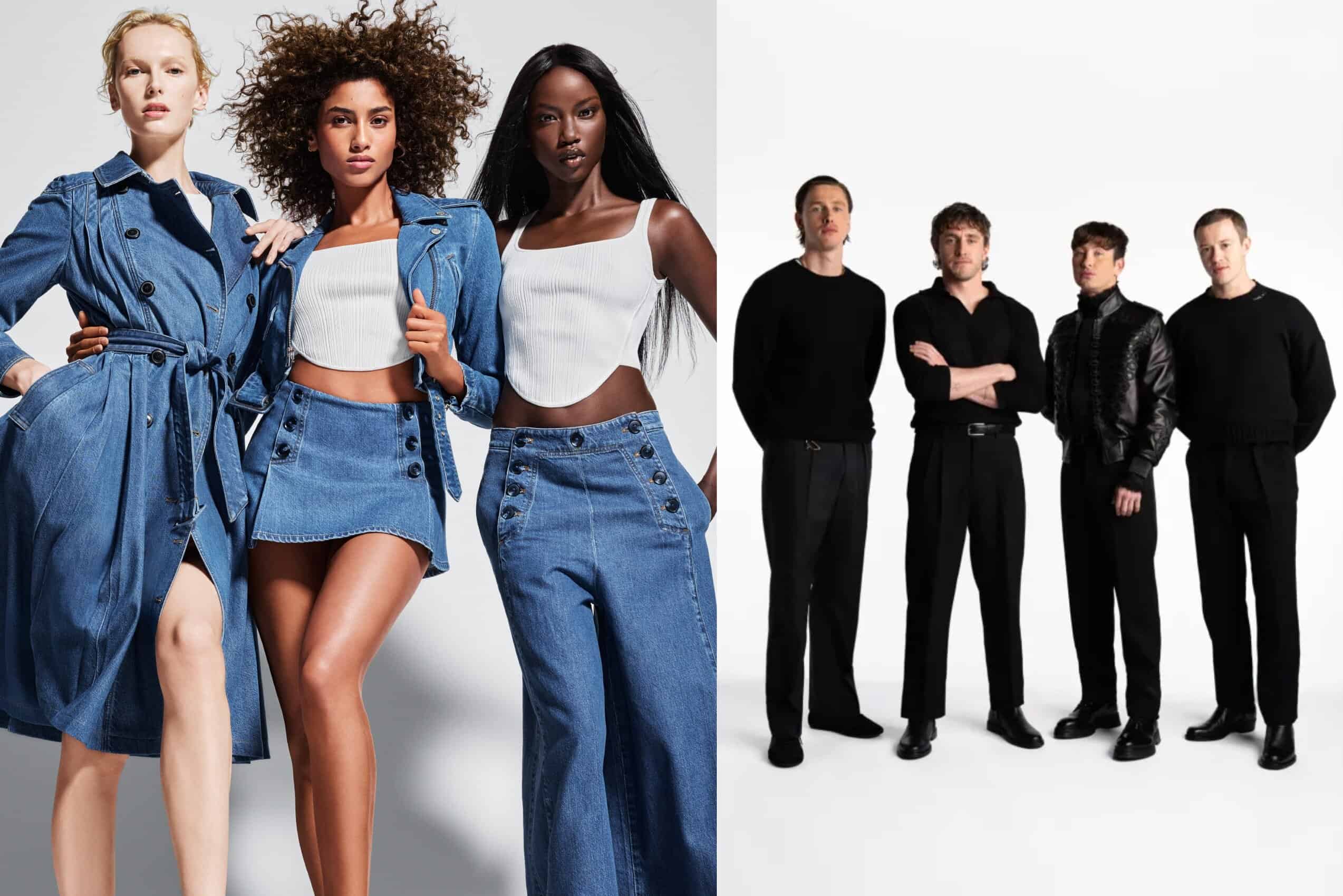Let us begin with everyone’s favorite Russian killer. Villanelle (Jodie Comer) is stuck. This isn’t the first time she’s trying to leave her killing ways behind, but she’s taken up residence in season four with the rightfully suspicious Vicar Phil (Steve Oram) and his daughter May (Zindzi Hudson). Comer does get in a handful of un-self-consciously bombastic one-liners. May, who is deeply, tragically attracted to Villanelle, compliments the latter, “Have I ever told you you sound like an angel?” Without missing a beat our quasi-reformed assassin says, “Only sound like?” It’s a faint echo of the praise she used to receive during post-murder debriefings from her handler Konstantin (a sadly sidelined Kim Bodnia) in those early seasons. Is there a better place, however, than a church for a narcissist liar? Where else can you revel in people’s appreciation for your performative goodness?
The first two seasons of “Killing Eve” were predicated on anticipation: finding the mole, finding Anna, finding Villanelle. Now that she’s done all of those things, Eve (Sandra Oh) is stuck too, working as a private security contractor. Which is not to say she isn’t enjoying her post-Niko life. She sets the terms of her experiences now: who she has sex with (Yusuf, a colleague, played by Robert Gilbert), when she has sex (whenever she wants; Yusuf is happy to oblige), and even her interactions with and investigations into characters who shall remain unnamed. Strangely, as “Killing Eve” went past seasons one and two, the writing for Eve became richer. She gained dimension, as she explored who she could be after leaving her job and after her husband left her. Oh’s instrument remains arresting: even when she isn’t moving, you can feel her presence fill up the screen, the tension and frustration taut in her muscles. Villanelle, unfortunately, lost depth as she moved away from being an assassin. Being a stylish, funny, unfiltered cold-blooded killer was fresh, and fun, and Comer gave it her all. But now it’s almost impossible for Villanelle to find nuance in what was once a genuine onion of a character. Both she and Oh are doing their damnedest to save scripts that appear to have a surface-level engagement with the central conflicts of the series.
Multiple aspects of the show have faded in scope and creativity. The early wardrobe work on “Killing Eve” was stunning, worthy of a coffee table book: polka dotted blouses, that phenomenal shed-sized ruffled pink dress, magnificent coats in mustard yellow and magenta velvet, Irish Spring-hued shaggy jacket, silk robes for days, embroidered silk pajamas, and that printed blue and red power suit (plus one green zebra scarf) Villanelle dons just before she stabs Bill (David Haig) to death. Now, however, Villanelle wears frumpy church-related clothing, like a tie-dye T-shirt that reads “What Would Jesus Do?” Even Carolyn (the inimitable Fiona Shaw) got in a few nice blouses and jackets early on, but she’s now been shipped off to Spain as a cultural attaché. She dresses in flowing linen dresses when she doesn’t care, broad lapel trench coats when she does. Eve’s wardrobe is perhaps the only thing that has changed in a way that is both visually and emotionally new: no longer frumpy, she wears the clothes her interior self exudes. Leather biker jackets, zippers and all; tough T-shirts in dark colors, cargo trousers, heavy duty boots. This Eve is strong. This Eve is hard. This Eve knows the end can’t be far off and she’s ready for it to blow her apart. As to when that, or anything else of consequence, will happen, your guess is as good as mine.
Three episodes screened for review.
You can view the original article HERE.


